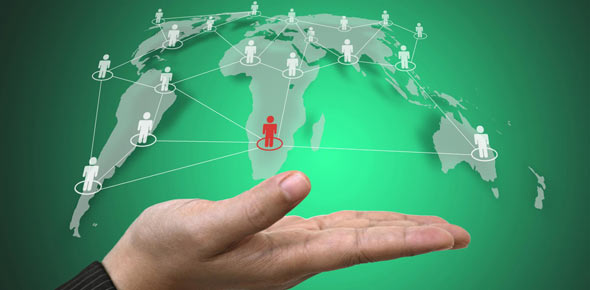Social Studies 22
15 Questions
| Attempts: 222
2.
What first name or nickname would you like us to use?
×
Thank you for your feedback!

















